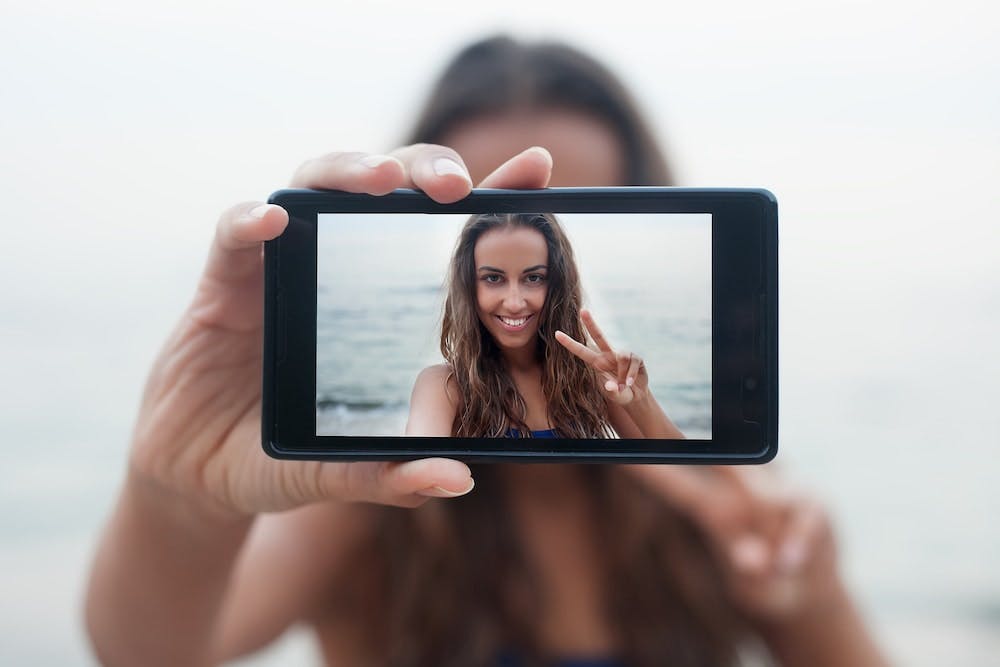
Comparing yourself to others is part of human nature, but it doesn’t have to control your life
Let's be honest; Instagram can present a distorted version of reality.
Some users may fall into the ‘comparison trap’, where they see beautiful images of perfect food, perfect body shapes or perfect lifestyles, and then compare their own appearance and lifestyle choices. While some will scroll past these images unconcerned, others can take it to heart, believing they need to look or live a certain way in order to be accepted. It’s unsurprising that mood and self-esteem can be seriously affected. Here's how we can help:
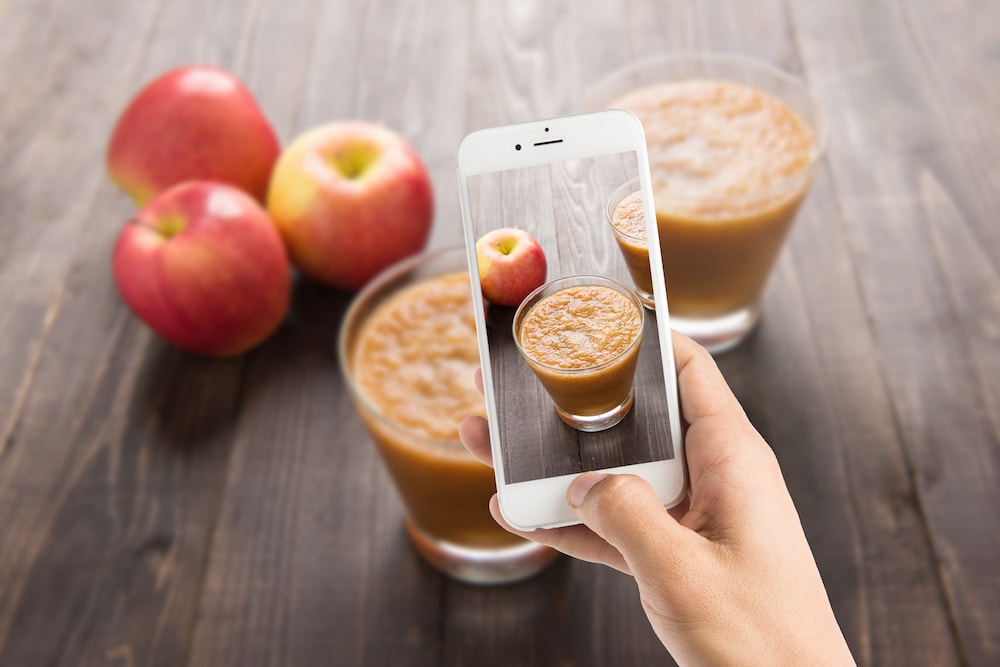
Misleading hashtags
Type in #cleaneating on Instagram and you’ll find more than 28 million results, varying in theme, but all with the same idea - health, strength and good food. Similarly, search #healthylifestyle and you’ll be faced with over 13 million images of gym selfies, smoothie bowls and a lot of avocado on toast.
Now, we won’t knock motivation and the increased interest in self-love and health, but with increased interest comes a barrage of trends, fads and potentially harmful diets. When scrolling through endless photos of beautiful people and beautiful food, it’s no surprise that many of us will feel disheartened. We may try to recreate the meals we see, only to be left hungry and with a less impressive snap.
According to the Collins English Dictionary, clean eating is 'the practice of following a diet that contains only natural foods and is low in sugar, salt and fat'. But with recent documentaries, like the BBC’s Clean Eating’s Dirty Secrets and Horizon: Clean Eating - The Dirty Truth, the term is coming under scrutiny, with many foodie influencers backing away from what was previously a popular idea.
In the Horizon documentary, Ella Mills, the woman behind Deliciously Ella said, “The clean movement has lost its way. It used to mean healthy, fresh and home cooked… now it just means diet. It means fad.”
The problem with clean eating is that it suggests other foods are ‘dirty’ and that cutting out certain foods is normal behaviour. Again, this is dangerous. People are opting for gluten and dairy-free options in a bid to stay ‘clean’, despite not discussing these changes with a nutrition professional. Tagging a post with #cleaneating or #healthyliving was once a way to share your photo with a like-minded, supportive community. Now, some are using is as a vehicle for potentially harmful advice.
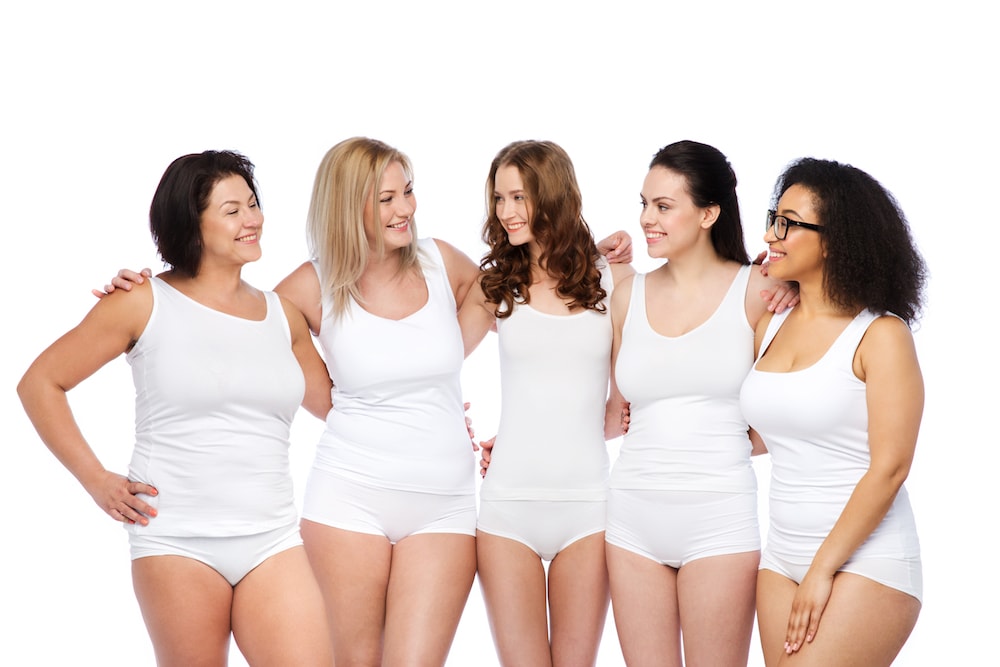
Airbrushing reality
Not everything in the fitness and Instagram world is misleading. In a bid to spread positivity and balance, many wellbeing influencers like to share ‘Instagram vs. reality’ posts. However, instead of showing the posed, seemingly perfect shot, they are sharing unposed, natural and ‘real’ images. The effect has been tremendously positive.
We are starting to see more body positive-related posts. Influencers are making a conscious effort to share behind-the-scenes shots and team with brands who promote body confidence. Iskra Lawrence, a British model, is committed to improving the image of women in the media.
Seeing influencers stand up and show what’s behind the lens is a step to reminding others how social media can be used to inspire
Using the hashtag #EveryBODYisBeautiful, Iskra regularly promotes body diversity and self-love. She is also an #AerieReal role model, promoting unretouched fashion campaigns, as well as a brand ambassador for the National Eating Disorders Association.
Of course, it’s easy to get lost in a world coloured by filters. Many of us will still turn to Instagram for beauty tips and workout programmes, but be aware of what’s real and what’s an intricately planned image.
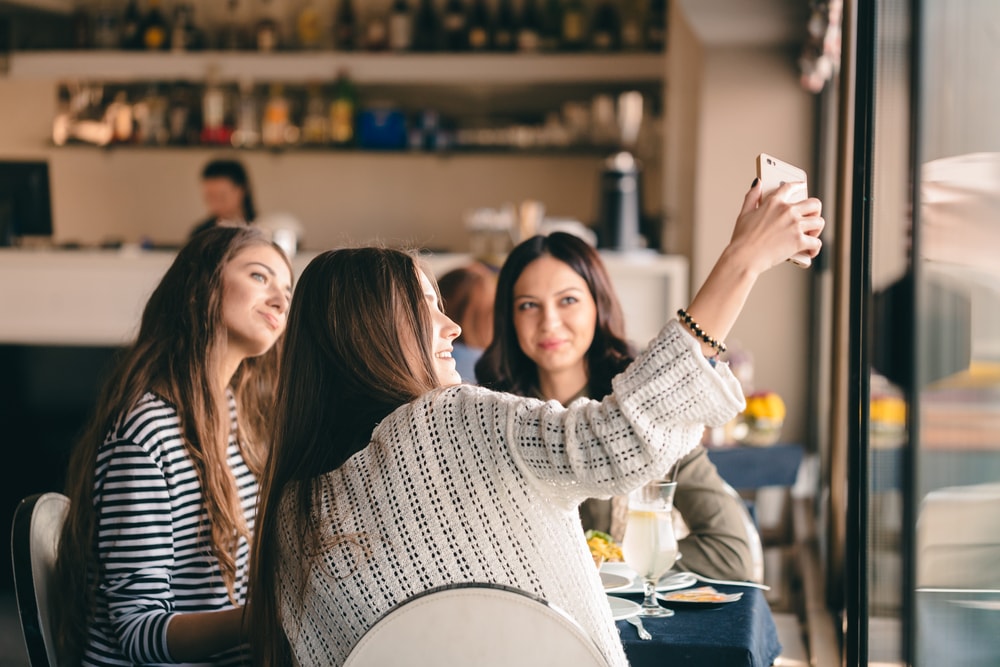
Five ways of taking a step back
If you love Instagram but feel lost in an unreal world, follow these tips for taking a step back, building self-love, and utilising the platform for its best qualities:
1. Tidy your feed
If you’re following accounts that make you feel bad about yourself, whether it be about your diet, physical appearance or lifestyle, unfollow them. Instagram should be fun. If it’s making you feel bad, it’s not worth it.
2. Go offline
We spend countless hours scrolling on our phones. Why not do something offline instead? Seriously, give it a whirl. If you’ve always wanted to visit Edinburgh, grab some friends and go (just make sure you turn off your social media alerts). It’s important to live your own life, rather than looking at photos of someone else’s.
3. Question what you read
Unfortunately, there are many people on Instagram who give dietary advice without any form of nutritional qualification. If they’re not a registered dietitian, or accredited nutritional therapist, take their words with a pinch of salt. An influencer sharing information about their diet or calorie intake does not necessarily mean you should follow the same plan. Their body is different to yours. If you’re looking to make a lifestyle change, contact a nutrition professional who can support and guide you.
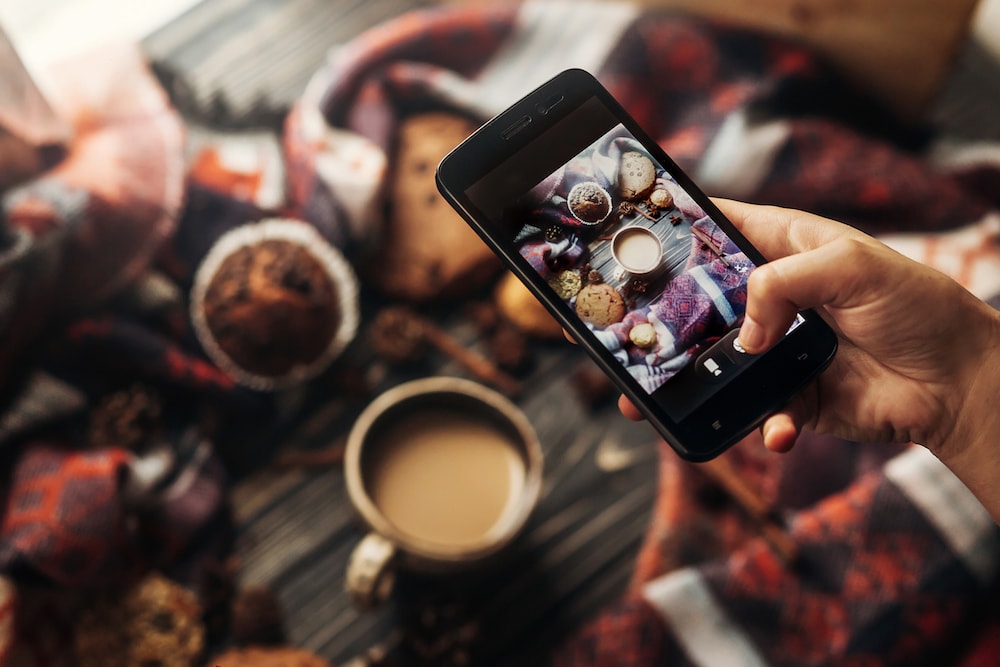
4. Focus on yourself
Remember, many beauty influencers are showing a highlight of their life. Nobody looks like that in real life. Focus on what you love about yourself and what you love about others.
5. Follow inspiring people
Some of our favourite influencers include Tally Rye (@tallyrye), Chessie King (@chessiekingg) and Sam Johnson (@samjohnsonwrites). If there are people you enjoy following, look for similar accounts. By following like-minded people, you can ditch the fakery and make Instagram a joyful, inspiring experience.

